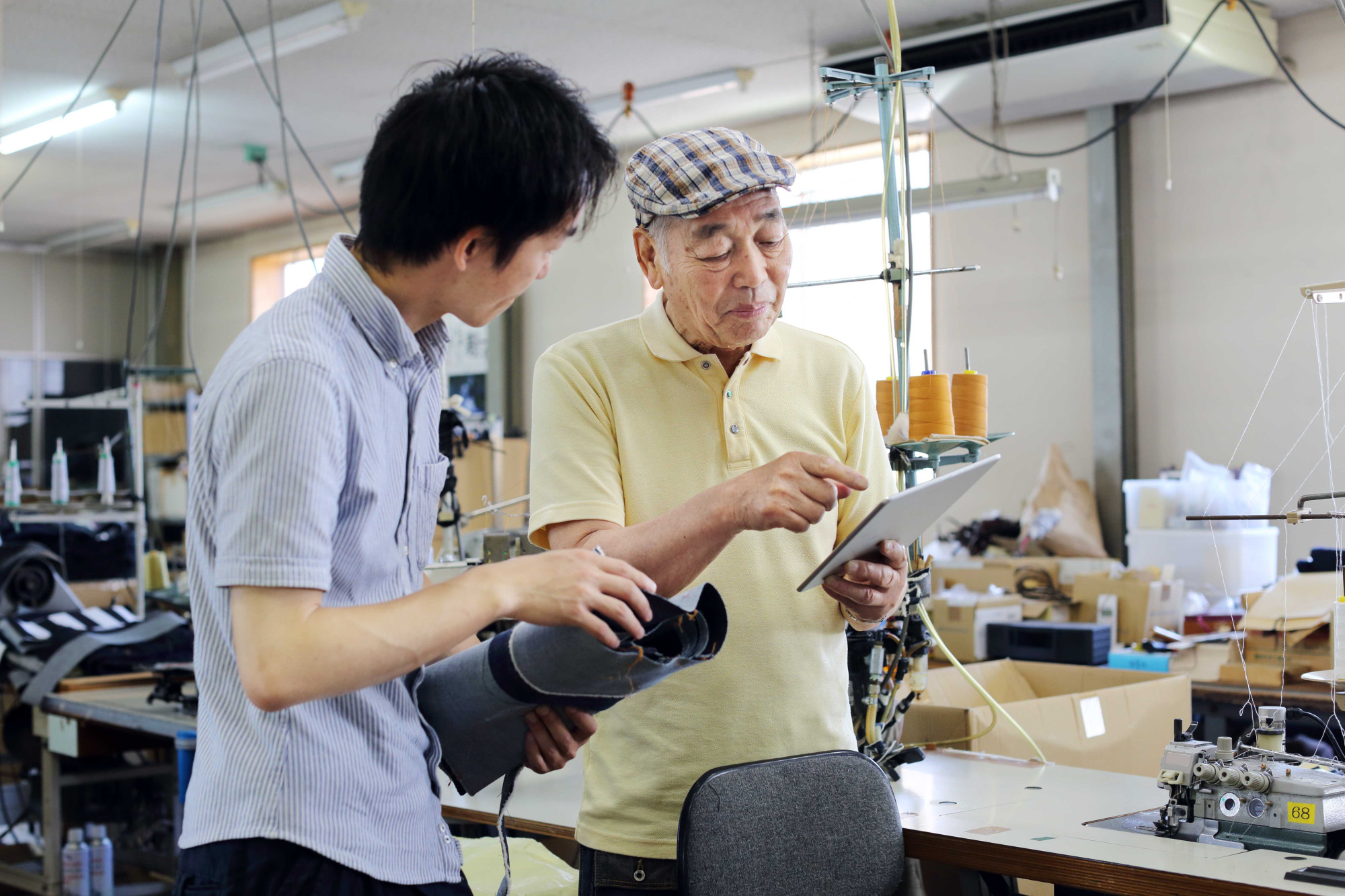Masako Wakamiya, 83, has become a poster child of sorts for a socially involved and economically active senior in Japan's "super aging" society. Her seemingly unlimited ability to acquire new knowledge and skills long after her corporate life is most admirable. After her retirement from a bank at 60, Wakamiya learned to code and is now one of the oldest app developers in the world. She has met Apple CEO Tim Cook, spoke at the United Nations and was featured in numerous media. She is a celebrity and role model in Japan, where many people can realistically expect to live to 100 years old.
If we could all age as gracefully and usefully as Wakamiya, it would be a bit easier to paint a rosy future for Japan, where approximately 40 percent of the population will be 65 or older by 2050. Currently, Japan has the highest old age dependency ratio among all OECD countries, with a ratio of over 50 persons aged 65 or older for every 100 people between the ages of 20 and 64. This ratio is expected to rise to 79 per 100 in 2050. Given this gloomy projection, extending the working lives of the elderly has become a top priority for the government.
This daunting challenge is a critical component in the government's efforts to curb welfare spending and to secure much needed labor at the same time. Indeed, various policies to encourage senior citizens to work longer have been discussed. Politicians are now looking to lift the age through which firms are required to employ their post-retirement workers from 65 to 70.


















With your current subscription plan you can comment on stories. However, before writing your first comment, please create a display name in the Profile section of your subscriber account page.